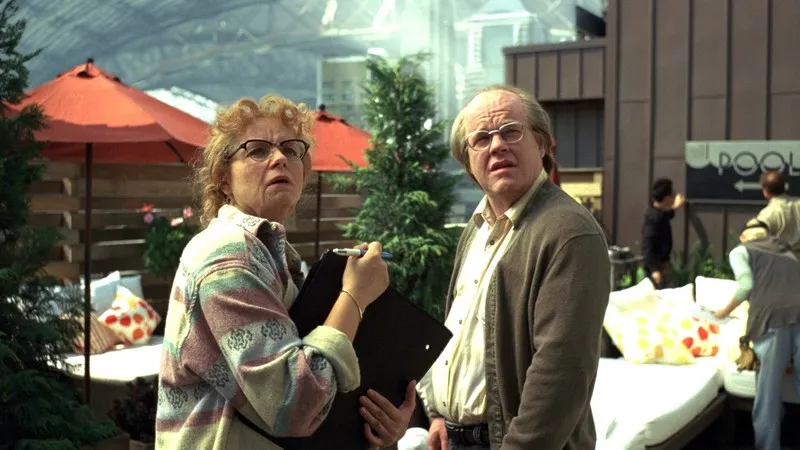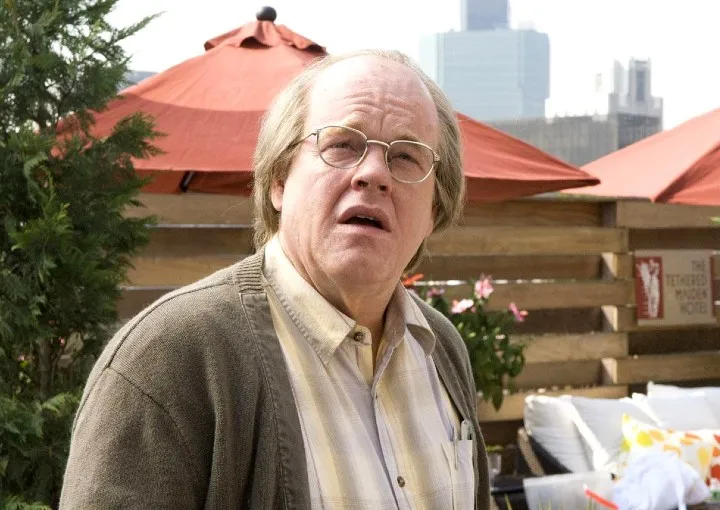Meta cinema, a genre of films that comment on their own existence, has charmed audiences for decades. These movies often blur the line between fiction and reality, using various techniques to explore the artistic process and the search for meaning. Federico Fellini’s “8 1/2” and Bob Fosse’s “All That Jazz” are iconic examples of meta films, drawing on autobiographical elements to go into the creative struggles of their protagonists. Charlie Kaufman’s “Synecdoche, New York” is another standout example, laying bare the creative struggles of its protagonist and exploring the search for meaning.
Kaufman’s own experiences are woven into the story, making the film a commentary on the artistic process. Similarly, horror films like “Funny Games” and “Wes Craven’s New Nightmare” use self-reflexivity to create a new kind of tension and suspense, demonstrating a self-aware sense of humor. Sci-fi and animation genres have also adopted meta elements, as seen in films like “The Matrix Resurrections” and “Spider-Man: Into the Spider-Verse”. The former serves as a self-aware distant sequel to the original Matrix trilogy, while the latter celebrates the character of Spider-Man and pokes fun at some of its more outlandish moments.

A Still From Synecdoche, New York (Photo: Synecdoche, New York)
Films like “F for Fake”, “The Holy Mountain”, and “The Cabin in the Woods” defies easy categorization, blending drama, comedy, surrealism, and fantasy to create unique, meta experiences. These films demonstrate that there is no one way to do meta and that it can be used to create a wide range of interesting and complex narratives. Meta elements can also be used to explore the nature of storytelling, comment on the creative process, and provide a unique and thought-provoking look into the nature of cinema.
Meta movies offer a fascinating look into the nature of storytelling and the creative process, demonstrating that meta elements can be found in a wide range of genres and styles. By breaking the fourth wall and commenting on their own existence, meta-films provide a unique and thought-provoking commentary on the nature of cinema.
























